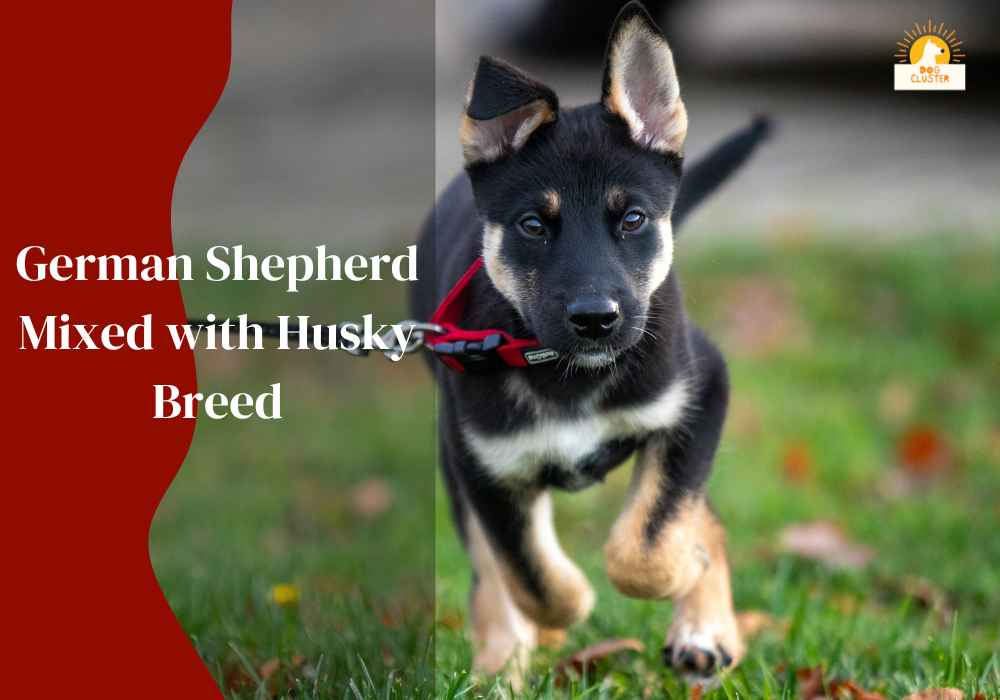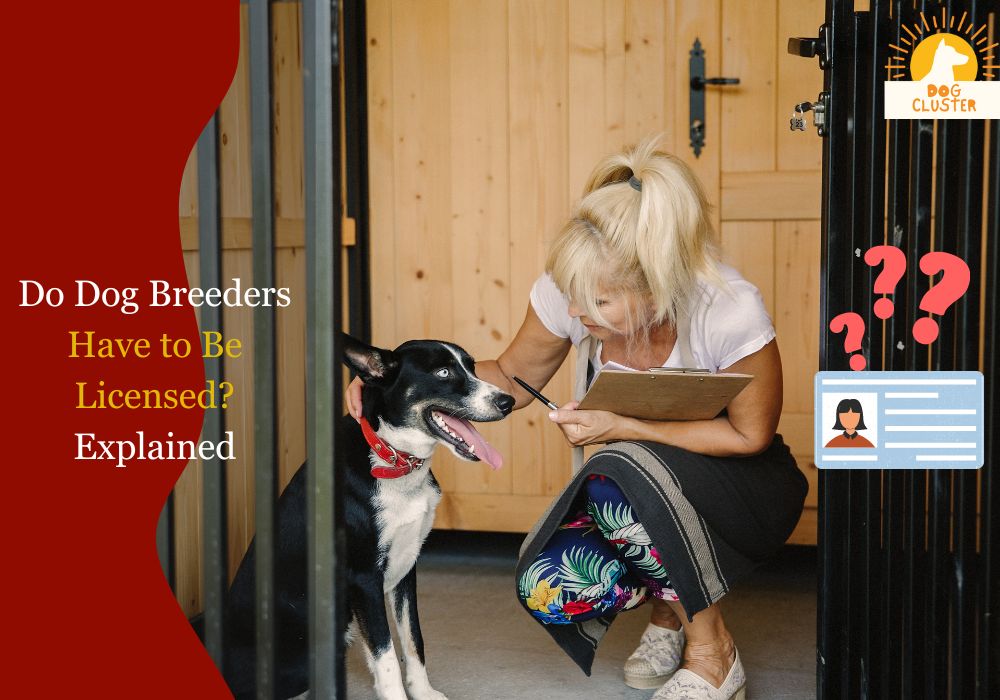It’s an American XL Bully!
If you have ever asked yourself, “What breed of dog is an XL Bully?” then you are about to start on an exciting trip into the world of these magnificent dogs. American XL Bullies are a distinct breed from the US in the 1990s. It was created by mixing different types of bulldogs and terriers, like the American Pit Bull Terrier and the American Staffordshire Terrier.
This breed was first made to be a friend and family pet. They come in different sizes and styles. American XL Bullies look strong, with big heads and short, shiny hair. They are usually friendly, loyal, and protective, though. They need to be socialized and trained properly for their health.
They do well in various living situations, so they can be found in flats or bigger homes with yards. If you want to adopt an American XL Bully, look for one from a rescue group or a reputable breeder who cares about the health and character of their dogs. This will ensure you get a healthy, happy puppy and stop unethical breeding.
Table of Contents
What Is The History Of American Xl Bully?
The American XL Bully, like other American Bully breeds, has a reasonably new background
that comes from careful breeding. During the last few decades of the 20th century, this breed was created in the United States to make dogs with specific measurements, personalities, and looks.

Breeders first crossed different dog types to make the American bully breed, like the American pit bull terrier, the American Staffordshire terrier, the bulldog, and sometimes the American bulldog. One of the goals was to make a strong dog that had a unique blocky head and was friendly and stable.
As time passed, breeders started to improve the American bully even more by breeding them only for specific sizes. One of these groups was the XL Bully, made for people who wanted a bigger American Bully.
Major kennel clubs like the American Kennel Club (AKC) and the Fédération Cynologique Internationale (FCI) do not recognize the American Bully. However, the United Kennel Club (UKC) and the American Bully Kennel Club (ABKC) recognize it.
The American XL Bully has become popular as a family pet and partner thanks to its striking looks and friendly personality. It is essential to stress that all American Bullies, no matter what size, have the same breed features and personality traits. Responsible breeding is necessary for the health and well-being of the breed.
Appearance of the XL Bully
Here, we expand a table to include all the varieties recognized by the American Bully Kennel Club (ABKC) for the American Bully breed, not just the XL variety. This consists of the Standard, Pocket, XL, and Classic types. Please note that the ABKC does not strictly define weights for these categories, so the weight ranges provided are approximate and can vary based on individual dogs’ build and muscle mass.
| Variety | Height (Males) | Height (Females) | Approximate Weight Range |
|---|---|---|---|
| Standard | 17 to 20 inches (43 to 51 cm) | 16 to 19 inches (41 to 48 cm) | Varies, typically 70 to 120 lbs (32 to 54 kg) |
| 14 to 17 inches (36 to 43 cm) | 13 to 16 inches (33 to 41 cm) | Varies, often lighter than Standard due to height | |
| XL | 21 to 23 inches (53 to 58 cm) | 19 to 22 inches (48 to 56 cm) | Varies, can be 80 to 150 lbs (36 to 68 kg) or more |
| Classic | Similar to Standard | Similar to Standard | Varies, typically lighter frame than Standard |
The personality of American XL bully
People who love dogs love the American XL Bully because of how friendly and loving it naturally is. Its nature is defined by several traits that make this breed stand out: The American XL Bully is loyal and ready to please. It has a gentle personality and a strong bond with its family. These dogs form strong bonds with their people and love being close and loved.
XL Bullies are often the ideal choice for families with children, as they display patience and tolerance, ensuring harmonious interactions in a household filled with youngsters. Their social nature extends to humans and other animals, making them excellent companions in multi-pet households. Early socialization is vital to nurture their comfort in diverse social situations.
Grooming XL Bullies

It’s essential to groom XL Bullies, American Bully XL dogs, so they stay healthy, relaxed, and look their best. Because XL Bullies have a unique look and hair type, it’s essential to know how to groom them properly. Here is a complete description of how to train XL Bullies:
Brushing:
XL Bullies must be brushed regularly to remove free hair, keep the coat from sticking, and spread natural oils for a shiny coat. Choose a slicker brush or a soft-bristle brush based on the thickness of your dog’s fur. Brushing your XL Bully’s fur at least once a week, if not more often, is essential.
Bathing:
Your dog should get a bath whenever it needs one, ideally every 4 to 6 weeks, unless it gets dirty or smelly sooner. If your dog has sensitive skin or coat, use a high-quality shampoo made just for them. When you wash them, be thorough but soft, and rinse off all the soap thoroughly.
Drying:
Make sure your XL Bully is completely dry after a bath. First, dry them with a towel. Then, use a blow dryer on low heat to avoid burning their skin. Brushing while drying can help keep hair from getting tangled.
Cleaning the ears:
Look inside their ears often for signs of infection, dirt, or wax buildup. To clean the outside of the ear, use an ear cleaner made just for dogs and a soft cotton ball or pad. To keep from hurting yourself, don’t put anything deep into your ear canal.
Trimming:
Cut your XL Bully’s nails every two to four weeks to avoid getting too long. When you cut your dog’s nails, be careful not to get too close to the quick, which can hurt and cause blood. Talk to a professional groomer or vet if you know what to do.
Teeth Care:
Taking care of their teeth is very important for their general health. Every day, brush your dog’s teeth with toothpaste and a toothbrush. You can also give them dental chews or toys that are made to help get rid of plaque and tartar buildup.
Skin Care:
Monitor their skin to see if it’s irritated, dry, or allergic. If you notice any problems, you should take your XL Bully to the vet. Skin problems are common in these dogs.
Coat Conditioning:
Use a conditioner made just for dogs to keep your dog’s coat healthy and shiny. This can be very helpful for XL Bullies whose coats are short and shiny.
Clean their eyes:
Look for discharge or tear stains in their eyes, especially if their coat is lighter. Wipe away any dirt or dust with a wet cloth or an eye cleaner made just for dogs.
Professional cleaning:
Set up regular meetings with a professional groomer for more complex jobs like anal gland expression and a complete cleaning session, which includes cutting their hair if needed. This will depend on your XL Bully’s needs and comfort level.
Conclusion
Bringing an XL Bully into your home means welcoming a dog with a strong personality. They require dedicated training and exercise, making them suitable for families or individuals prepared for the commitment. XL Bullies offer unwavering loyalty and affection but need ample space and responsible care. They can be a delightful and impressive addition to your family if you’re ready.
Share me if you have any stories and thoughts. I will love to read your feedback. Stay with dog cluster and gather knowledge about dog.
FAQ
Are American XL bullies and pit bull terriers the same?
The American XL Bully and the American Pit Bull Terrier are not the same breed but have some physical and genetic traits in common. They are different breeds, and each has its characteristics.
Are XL Bullies good with other pets?
They can be good with other pets if socialized properly from a young age. However, their strong prey drive means they should be monitored around smaller animals.
How much exercise does an XL Bully need?
Regular exercise is essential for the preservation of their health and well-being. Most of the time, a daily walk and some playtime are enough.
Are XL Bullies prone to any health issues?
Like many large breeds, they can be prone to hip and elbow dysplasia. Other concerns include heart conditions and allergies. Regular veterinary check-ups are essential.
Do major kennel clubs recognize the XL Bully?
As of my last update in April 2023, major kennel clubs like the AKC need to recognize the XL Bully. The UKC and ABKC recognize them.





Leave a Reply